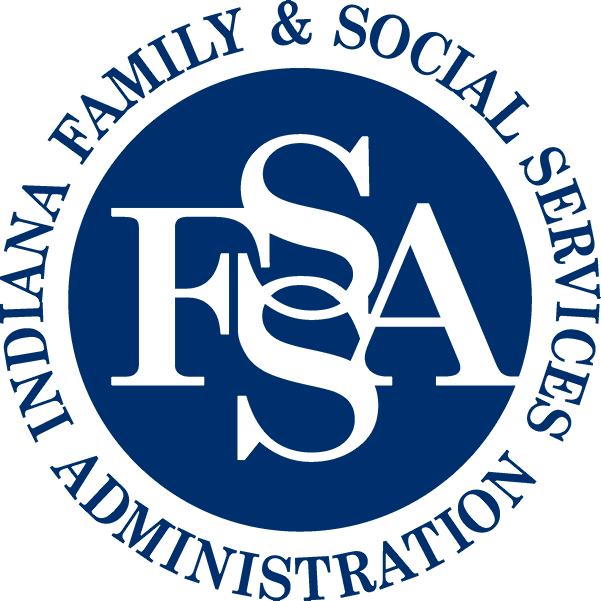The plan of care and treatment for the patient begins prior to admission to the hospital with the information supplied by the community agencies that refer the patient for admission. The care, treatment, and rehabilitation planning process is designed to ensure that care is appropriate for the patient's specific needs and the severity level of the patient's other disease, condition, impairment, or disability.
Biopsychosocial rehabilitation is the treatment approach adopted by Logansport State Hospital. The treatment team provides interventions that focus on mental and physical health as well as psychosocial environments. It is our goal to assist the patient in reaching maximum independence in order to return to the least restrictive environment. Treatment teams are made up of a psychiatrist, nurse, behavior clinician, social service specialist, rehabilitation therapist, and attendant staff.
Each patient's assessment is integrated to identify strengths and problems needing care and treatment. Interdisciplinary treatment teams meet with the patient, family, and/or healthcare representative, as appropriate, to formulate an individual treatment plan to address needs and problems identified through the assessment process. The plan includes goals and objectives with measurable outcomes for each identified problem and need. The plan also consists of treatment interventions to be provided by staff that will assist the patient in achieving their objectives.
Discharge criteria and a discharge plan are also formulated in order to judge the outcome of the treatments determined for each specific patient.
Treatment plans are reviewed on a regular basis by the treatment team and the patient, family, guardian, and/or healthcare representative, as appropriate. Gatekeepers are also encouraged to participate.
Logansport State Hospital’s treatment interventions are provided for mental and physical health and in the psychosocial environments of working, living, leisure, and socialization based upon the assessed needs of the patient. Mental and physical health issues include: medication, nutrition, dental, physical ailments, hallucinations, delusions, depression. Psychosocial issues include personal hygiene, academic education, vocational skills, legal issues, communication, and recreation. Programs are developed to meet the needs of the patient in these areas. Leaders strive to ensure that best practices are implemented in a recovery-oriented environment.
Risk-Need-Responsivity model
Logansport State Hospital uses the framework in the Risk-Need Responsivity model of dangerous behavior including criminal and offending for the hospital's overall programming principles guide interventions based on risk and responsivity.
Programming offered at LSH includes but is not limited to:
- Dialectical behavior therapy
- Service Outreach and Recovery (SOAR)
- Mindfulness-based stress reduction
- Risk discovery and management
- Aggression replacement training
- Managing deviant sexual arousal
- Acceptance and commitment training
- Epictetus Club; non-violent communication
- Good lives model using the LEAD workbook
- Behavior support plans
- Transition recovery
- Substance abuse education
- Legal education series based on the knowledge base
- Neuropsychological Education Approach to Cognitive Remediation (NEAR)
- Slater method for individuals with intellectual and developmental disabilities through Intensive legal education and focus on legal education.
